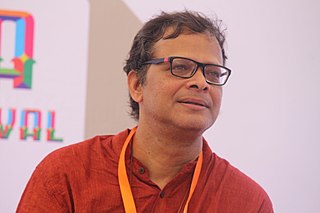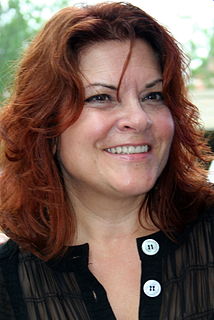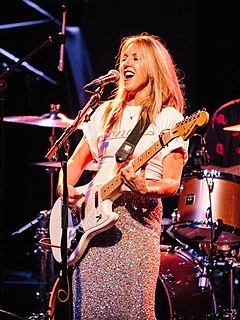A Quote by Seymour Hersh
I wrote a lot about Cheney in 'The New Yorker,' but I wrote very little of what I know. The only time I ever mentioned what he ever said at a meeting was when there were many people there who were not insiders, you know, other people not in the government, so my sources would be protected.
Related Quotes
I didn't go to bookshops to buy. That's a little bourgeois. I went because they were civilized places. It made me happy there were people who sat down and wrote and wrote and wrote and there were other people who devoted their lives to making those words into books. It was lovely. Like standing in the middle of civilization.
Another example of what I have to put up with from him. But there was a time I was mad at all my straight friends when AIDS was at its worst. I particularly hated the New Yorker, where Calvin [Trillin] has published so much of his work. The New Yorker was the worst because they barely ever wrote about AIDS. I used to take out on Calvin my real hatred for the New Yorker.
"Only write what you know" is very good advice. I do my best to stick to it. I wrote about gods and dreams and America because I knew about them. And I wrote about what it's like to wander into Faerie because I knew about that. I wrote about living underneath London because I knew about that too. And I put people into the stories because I knew them: the ones with pumpkins for heads, and the serial killers with eyes for teeth, and the little chocolate people filled with raspberry cream and the rest of them.
I would argue, for perspective's sake, that the arc of a really literary work is precisely that it both intensely reflects, and simultaneously transcends the conditions of its making. I would say that is the difference between literature and other kinds of writing. That is what the literary is - it ultimately doesn't matter what his circumstances were. And the thing that you were just saying about being sympathetic to Brontë and the fact that she could only write what she wrote when she wrote it... that's true. But look at that novel, which means so much to so many people.
William Maxwell's my favorite North American writer, I think. And an Irish writer who used to write for 'The New Yorker' called Maeve Brennan, and Mary Lavin, another Irish writer. There were a lot of writers that I found in 'The New Yorker' in the Fifties who wrote about the same type of material I did - about emotions and places.
When I was 18 years old, I went on the road with my dad after I graduated from high school. And we were riding on the tour bus one day, kind of rolling through the South, and he mentioned a song. We started talking about songs, and he mentioned one, and I said I don't know that one. And he mentioned another. I said I don't know that one either, Dad, and he became very alarmed that I didn't know what he considered my own musical genealogy.
Barack Obama was amazing, but he wasn't perfect. We all know that. He was the closest thing to perfect America's ever had. We were basking in the glow. We forgot that there's always going to be a backlash within a movement every time. When I think about race, there were a lot of pockets of people that were still living in fear under the Obama administration, but we were in this blissful celebration mode. Now we are constantly reminded that, although there are lots of good people in the world, there are just as many horrible people.
My mother had died when I wrote my first book. I was twenty-seven, so it was right at the beginning of my writing life. I don't know if she had lived, if I would have done it, certainly not quite like I did. But, you can't rethink it. You wrote what you wrote, it meant something to other people, and that's your good.
The single greatest line I ever wrote as an analyst was after Lomas said they were hedged: 'The Lomas Financial Corporation is a perfectly hedged financial institution: it loses money in every conceivable interest rate environment.' I enjoyed writing that sentence more than any sentence I ever wrote.
And I thought about how many people have loved those songs. And how many people got through a lot of bad times because of those songs. And how many people enjoyed good times with those songs. And how much those songs really mean. I think it would be great to have written one of those songs. I bet if I wrote one of them, I would be very proud. I hope the people who wrote those songs are happy. I hope they feel it's enough. I really do because they've made me happy. And I'm only one person.
They always say 'Is there going to be a sequel to Bad Santa?' and you know, I mean, a long time ago they would talk about, you know, we're going to do a sequel to that but it was never serious. And they said 'Would you do it?' and I said out of all the movies I've done, that was a lot of fun, and maybe I would do a sequel if it ever came up and it made sense, but I said I don't think that's ever going to happen.

































